I’m amused by the way everybody is freaked out about the NSA watching when we send an email and who we’re writing. I grew up in Washington, D.C., during the 1950s, the child of a political journalist.
We always assumed we were being watched, our phones tapped, our conversations recorded, our mail opened. My father often reported from Communist countries where, in his hotel room, he found taping devices behind the pictures, cameras in the mirrors, microphones in the flower arrangements. My uncle Joe
was entrapped by the KGB on a visit to Moscow in 1957 and surprised in bed with a man. Photos were taken and disseminated in Washington years later. In 1965, Uncle Joe accused LBJ of tapping his phone. In a fascinating conversation between LBJ and his attorney general, Nick Katzenbach, the two men discuss Uncle Joe and his sexual exploits. ( See a transcript in REACHING FOR GLORY by Michael Beschloss.) LBJ announces that he doesn’t believe in wiretapping, but even as he says it, you can imagine him leaning closer to the microphone he’d implanted in his own desk to make sure the reception was clear. He was taping himself for history. Speaking of taping, my father bet my brother that he couldn’t bug a dinner party without being discovered. My oldest brother, Joe, won the bet and went on to more nefarious capers. A friend of ours, whose father worked for the CIA, dropped a microphone down his family’s living room chimney. We ran a private telephone line through the Washington storm sewers so nobody could listen in to our conversations. Stealing other peoples’ secrets? That’s what you did.
Fiction writers steal secrets in order to reveal them. I’d open lots of mail or listen to phone calls if it helped me develop a character. I certainly eavesdrop shamelessly. It’s a habit I developed when I was one of the children listening at the top of the stairs. It gave me memories revisited in DON’T KNOCK UNLESS YOU’RE BLEEDING, Growing up in Cold War Washington
and in an essay I wrote, entitled MY LIFE BEFORE TELEVISION, just published in an anthology BREAKFAST ON MARS and 37 Other Delectable Essays.
And I know there will be more where those came from.
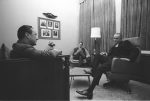
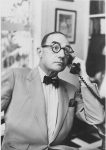
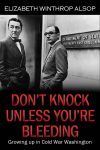
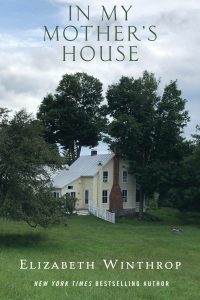
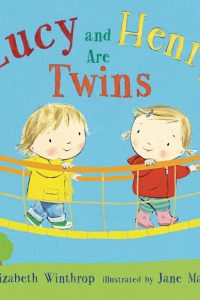
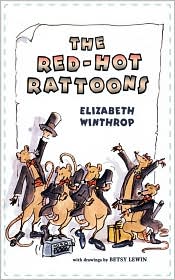
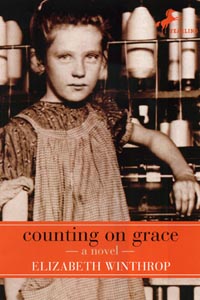

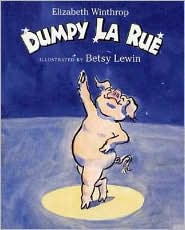
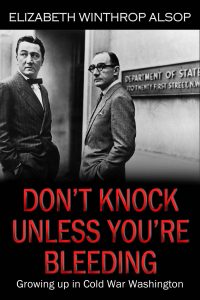
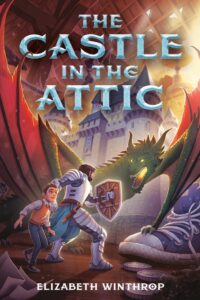
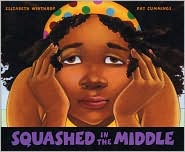
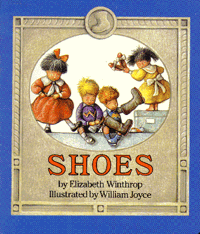
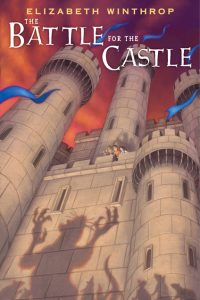

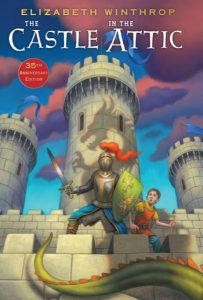

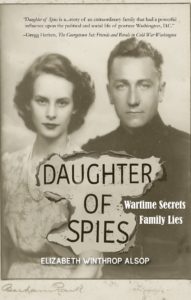
Dear Mrs. Winthrop:
What a pleasure to meet you at the Morris Dance program. This will give you correct information about the Marantz Picture Book Collection at Kent State University in Kent, Ohio.
This link will tell the story best: http://www.kent.edu/slis/about/locations/marantz-picturebook-collection-for-the-study-of-picturebook-art.cfm.
I look forward to reading your most recent works. I have not received a response from Dr. and Mrs. Marantz regarding their possible reviews of your children stories. I am certain they are familiar with your best-selling favorites.
Regards,
Don Streibig
Dear Don Streibig,
And it was an equal pleasure to meet you. One of the things I love about New York is the way people can strike up conversations like ours and find interests in common so quickly. I look forward to reading more about the Marantz Picture Book Collection.
I was thrilled with the Morris Dance Program that evening at Lincoln Center and wish it had gone on for two more hours.
Safe travels home,
Elizabeth Winthrop
I cannot express how much I enjoyed your memoir “Don’t Knock Unless You’re Bleeding.” I don’t know the origins of the photograph, but the New Yorker in 1996 ran a colour picture of your Uncle Joe in reading a newspaper in a blue sun room with a bowl that appeared to be filled with the equivalent of forty packages of cigarettes. There was something in his eyes that captured both brilliance and confidence; I’ve been attracted to him ever sense. Perhaps I can think of no one who more poignantly manifested an older traditional way of life: he captured so descriptively what it was like to grow up in an old house in Connecticut with an old family. His papers at the Library of Congress are enthralling: he comes across as someone meticulously fastidious about his dress, his house, and virtually everything around him. His speeches and letter offer such brilliant analysis. Your own memoir enriches the memory of a true character. I adore the long CSPAN interview that Brian Lamb did that is on their website: his political analysis and reflections on growing up are delightful. I rather envy people who had the opportunity to dine with him, yet from what I have read he could be a curmudgeon that might lead one to approach him with trepidation. At any rate, I’m sure you have been inundated with the comments by others similarly fascinated by your family. It is thrilling to see that you are offering your own contributions to the literature of the Alsop clan.
Nathaniel, thank you for taking the time to give me your reactions to my memoir. I’m hoping someday soon to expand it from a short magazine piece to a full length book and your positive reaction will spur me on. Will look for the NEW YORKER photograph which I don’t think I’ve ever seen.
Elizabeth